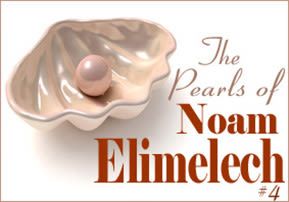
The Pearls of Noam Elimelech – Part 4
The Rebbe would say that when one drinks tea, he is in the spiritual realm of Asiyah, the World of Action, and he can do many things that otherwise he could not do...

Part 4
Rebbe Elimelech’s Tea Mug
Reb Mordechai of Neschiz was a disciple of Rebbe Elimelech. When the Rebbe passed away, Reb Mordechai inherited the Rebbe’s tea mug. The Rebbe would say that when one drinks tea, he is in the spiritual realm of Asiyah, the World of Action, and he can do many things that otherwise he could not do. Once, a barren woman asked Reb Mordechai to intercede on her behalf to Rebbe Elimelech that he should pray for her to bear children since the doctors had given up hope. “Go to him during tea time,” was Reb Mordechai’s advice. She did and received a blessing. Indeed, Reb Mordechai used to say, “Many barren women were blessed with children because their plight was mentioned to me while I drank tea from Rebbe Elimelech’s mug.”
The holy Rebbe Meir of Premishlan taught that this is hinted at in the prayer “Tehei hasha’ah hazos she’as rachamim — May this time be an auspicious time of mercy.” The word for “may,” תהא, can be read as תה, “tea.” Therefore the prayer can be read: “Tea time is a time of mercy.” In fact, the Gerrer Rebbe, the Chiddushei HaRim, used to say that Reb Mordechai of Neschiz was able to resurrect the dead using the tea mug of his Rebbe, Rebbe Elimelech of Lizhensk.
(Ohel Elimelech 130)
Spilled Ink
Before Rav Mendel Rimanover was revealed as a Tzaddik and Rebbe possessing ruach hakodesh, divine intuition, he appeared at Rebbe Elimelech’s table as just another chassid, a regular devoted follower.
One Shabbos, the Rimanover was sitting with all the other chassidim when the shamash brought in the Rebbe’s soup and placed it in front of the Rebbe. The Rebbe took the bowl of soup in his hands, overturned it, and spilled its contents onto the table. Suddenly gripped with fear, the Rimanover shouted, “Oy! Rebbe! Surely they will put us all in jail. You must stop immediately!”
The other guests almost burst out laughing at hearing such strange remarks coming from Reb Mendel, but they restrained themselves in the presence of their holy Rebbe. Rebbe Elimelech said to Reb Mendel, “Relax, my son, we are all safe. We are all here right now.” The others were astonished at the Rebbe’s remarks until Rebbe Elimelech explained what had transpired that had led him and Reb Mendel to say what they did.
“A high-ranking government official had decided to pass a harsh decree against the Jews. He had tried many times before, unsuccessfully, to write out charges and have the king stamp and seal them with his ring. Today he wrote out the charges once again, determined that this time nothing would stop him from carrying out his wicked plan. He was about to use sand to blot the ink and dry it when I overturned my soup bowl. The official became momentarily confused, picked up the inkwell instead, and proceeded to spill ink all over the accusatory letter he had just written! This young man,” the Rebbe concluded, indicating Reb Mendel, “was able to witness what I did, but only by divesting himself fully from the physical world. He forgot that we were in fact here in this room. He imagined that I had actually used my hand and physically overturned the inkwell. He became frightened, and in his terror he called out for fear that we would be arrested for my actions.”
Now everyone understood what lofty a level of ruach hakodesh this young man could perceive. (Ohel Elimelech 185)
The Ba’al Teshuvah
This story was related by the Rebbe Reb Zisha to Rebbe Shneur Zalman of Liadi, the Alter Rebbe of Chabad, as Reb Zisha heard it from his brother Rebbe Elimelech:
The chassidim of the Mezritcher Maggid used to take shifts, taking turns serving their Rebbe. Once, when Rebbe Elimelech was “on duty,” the Maggid called him in from the adjoining room. The Maggid said to him: “Melech, do you hear? They are saying up in the heavenly academy that ahavas Yisrael means loving a completely wicked person just as much as a truly righteous Tzaddik. A Tzaddik has the power to awaken latent powers of the soul and help men repent and do teshuvah to return to their Maker. A quorum of ten from the holy brotherhood can even cause a completely wicked man to repent his misdeeds!”
In the morning Rebbe Elimelech related this incident to his fellow chassidim, and then and there they decided to undertake the mission. They discussed the message of the Maggid among themselves, their conversation was replete with various quotations of the Sages and stories of ba’alei teshuvah.
A passerby overheard their conversation and began laughing and making fun of them. “What are you doing sitting together in the beis midrash speaking about learning Torah and repenting? What is the use of Torah and repentance?”
The holy brotherhood stopped their discussion and began praying and saying tehillim with great passion, weeping, and devotion.
The passerby continued to mock the chassidim. He called them batlanim, lazy good-for-nothing loafers. Finally, they responded to him by painting a picture of how important Hashem considers a Jewish soul. They spoke to him until he himself was awakened to repentance. In a few days they succeeded in transforming him into a complete ba’al teshuvah. (Additions to Likutei Amarim and Ohr Torah, published by Kehat, pp. 25–6, no. 42; originally cited in Sefer HaSichos, Summer of 5700, p. 116)
Dancing Angels
Rebbe Yechezkel of Kozmir related in the name of his Rebbe, Reb Shmuel of Korov, that once on a Friday Rebbe Elimelech did not say the customary Tachanun prayers which are usually omitted only for a joyous occasion. His chassidim were dumbfounded. While they were wondering about the reason for this aberration, a poor man walked into the beis midrash and asked the Rebbe to help him marry off his daughter, who was in her thirties and still unmarried due to his great poverty and inability to provide even a modest dowry.
There was a terrible plague rampant in those parts at the time, and there is a well-known segulah against plagues to help marry off orphans. Rebbe Elimelech quickly arranged a match for the poor man’s daughter with the baker’s assistant, who was an orphan. [According to another version, he was a water carrier.] The Rebbe signed the tena’im right then and there and urged them both to appear that night; they would wed right away and he would attend their wedding.
The Rebbe went himself to two tailors and commanded each of them to make haste and prepare clothing for the bride and groom. The preparations commenced, and before nightfall the two were wed joyously.
Now the disciples understood why the Rebbe had skipped the Tachanun prayers!
The Koznitzer Maggid played the violin, and the Chozeh of Lublin acted as badchan to bring joy to the bride and groom and entertain the guests with the rhyming prose known as grammen. Rebbe Elimelech said to Rebbe Shmuel of Korov, “Come, let us go to sheva berachos!” When they arrived at the wedding, just in time for the sheva berachos and bentching, the Chozeh of Lublin was in the midst of his grammen and the guests were dancing and merrymaking to fulfill the mitzvah to make the bride and groom happy. Reb Melech turned to Reb Shmuel and said, “Do you see the angels who have come from Heaven to dance with us? Do you see the fire encircling the dancers?”
Reb Shmuel shook his head. He did not see any such thing. The Rebbe took a handkerchief and rubbed Reb Shmuel’s eyes with it — and then he saw the fire!
Rebbe Elimelech soon joined in the dancing and he danced for more than an hour. When he finished dancing, Rebbe Elimelech decided to uplift the spirits of the chasan and kallah with a grammen. He used a gematria and said: “The words chesed and emes, kindness and truth, are numerically equal to chasan and kallah!” Then he prayed. “Ribbono shel Olam! Master of the universe! As a reward for our dancing, which we did to fulfill Your mitzvos, we should merit that You extinguish at least one fiery coal that was prepared for us in Gehinnom!” (Based on Ohel Elimelech 127 and 153)
***
Excerpts from the new book – Mipeninei Noam Elimelech: A selection of teachings, stories, and parables of Rebbe Elimelech of Lizhensk, translated and compiled by R' Tal Moshe Zwecker. Buy Noam Elimelech now at a special discount price from Targum Press at http://www.targum.com, plus get a free download of the Noam Elimelech's powerful "Prayer before Praying". Visit the author's website at http://www.chassidusonline.com.



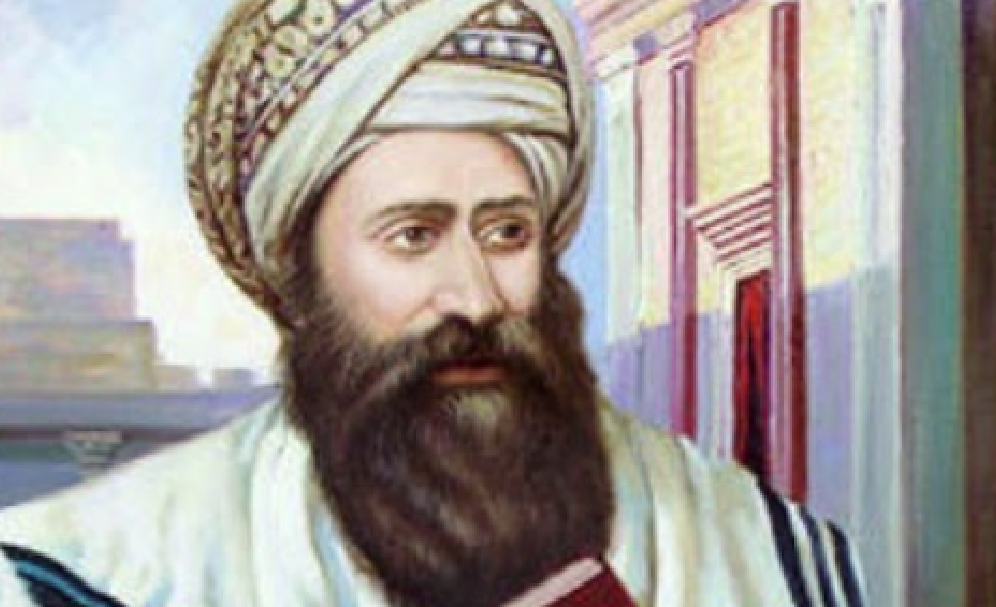
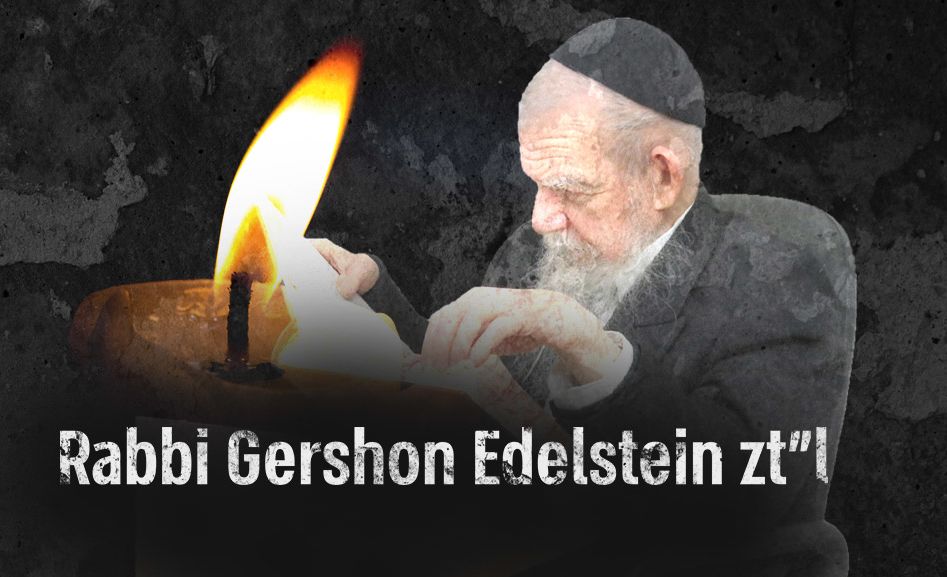
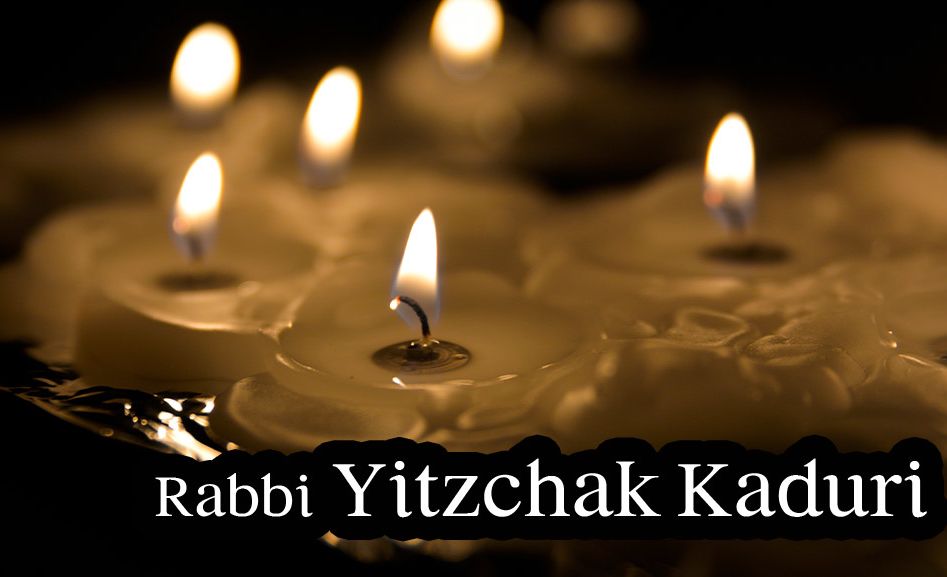
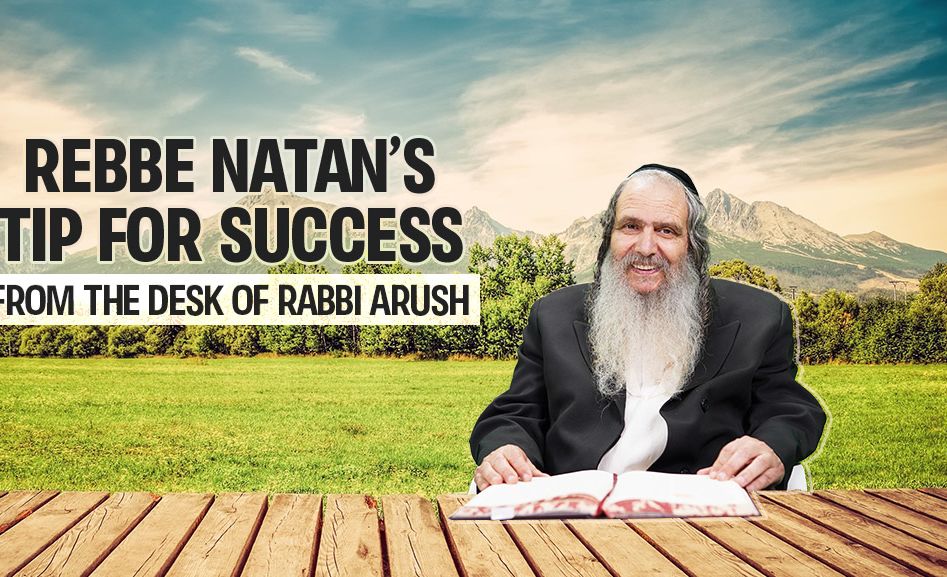

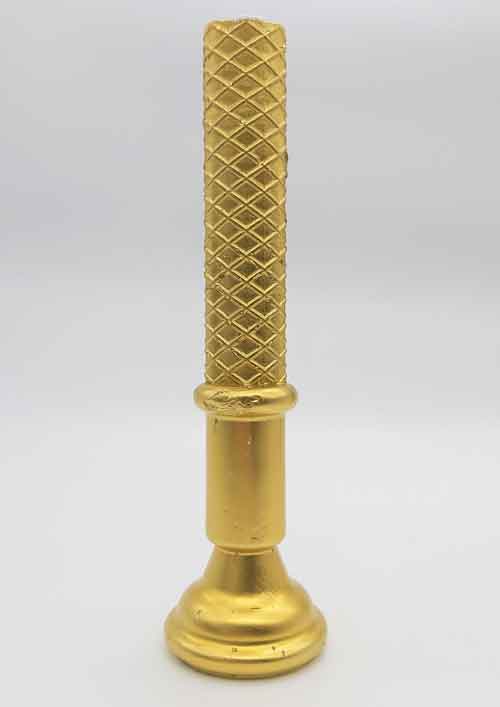
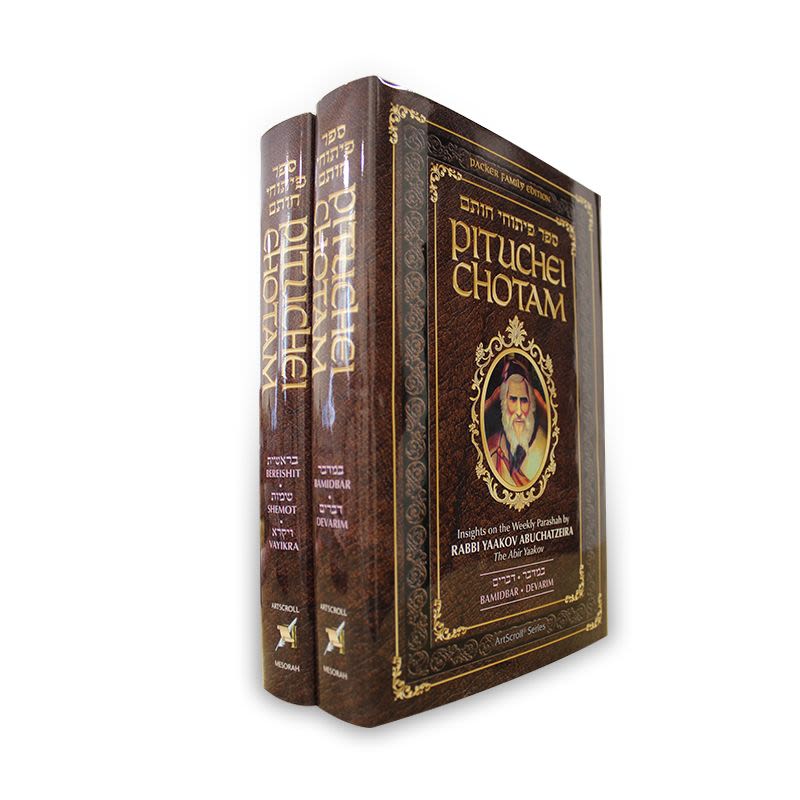
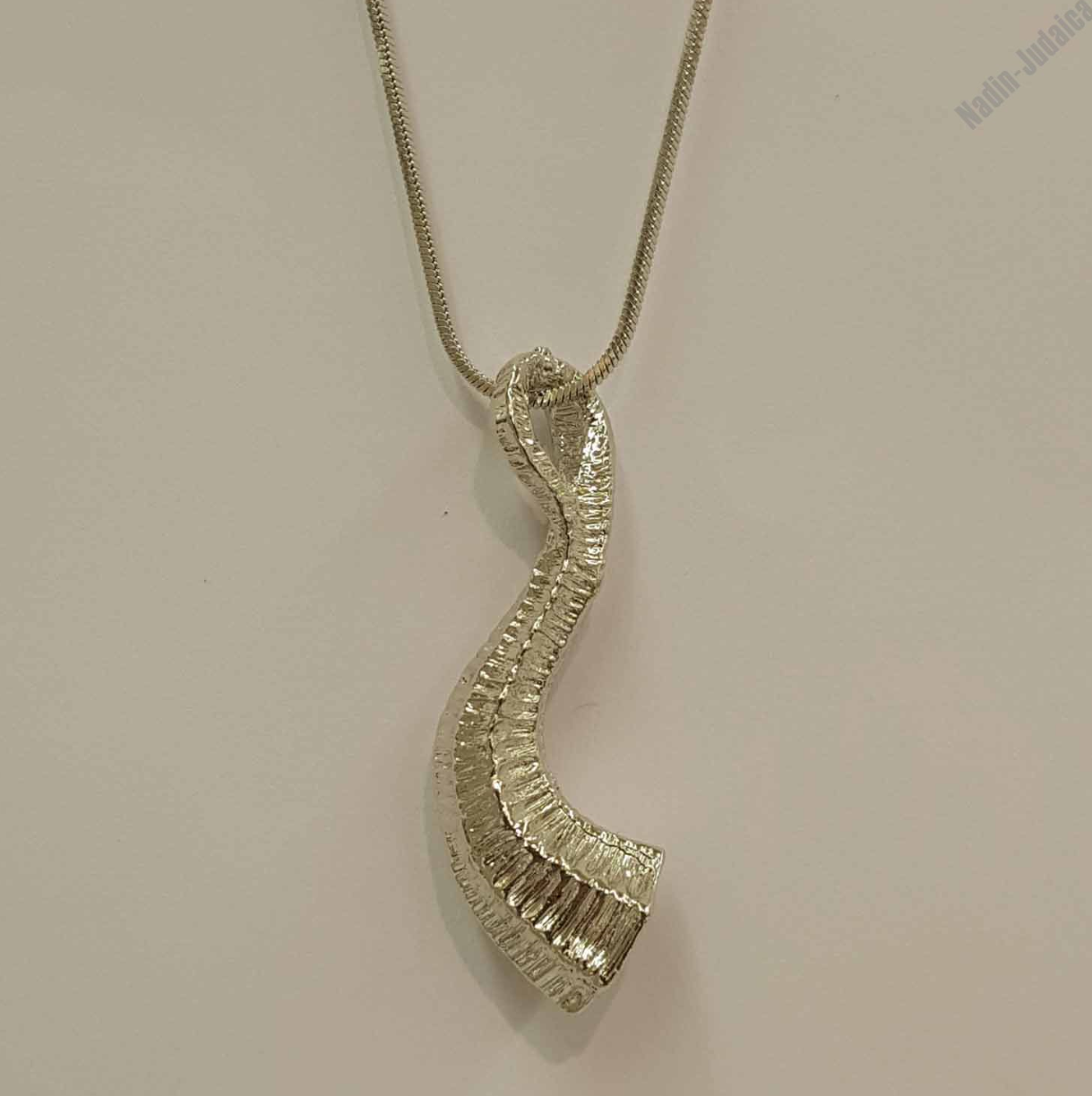
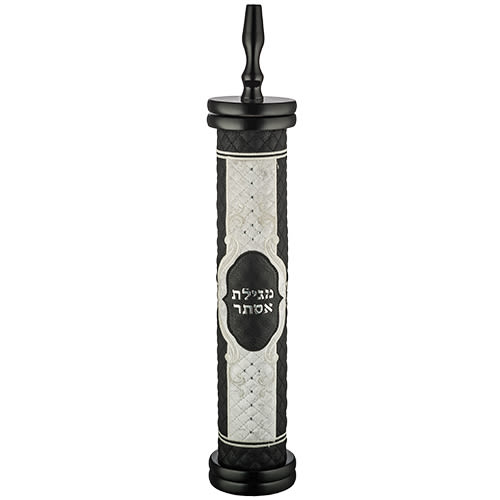
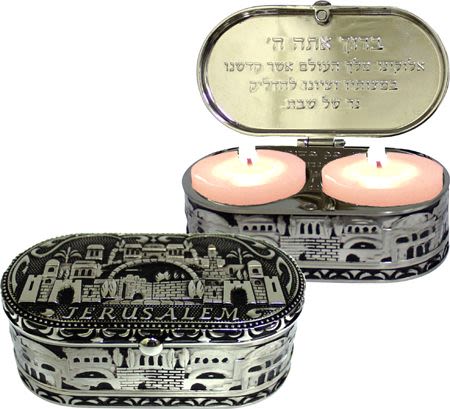
2/05/2023
be interested to know who he was
chanoch
shartzion@yahoo.com